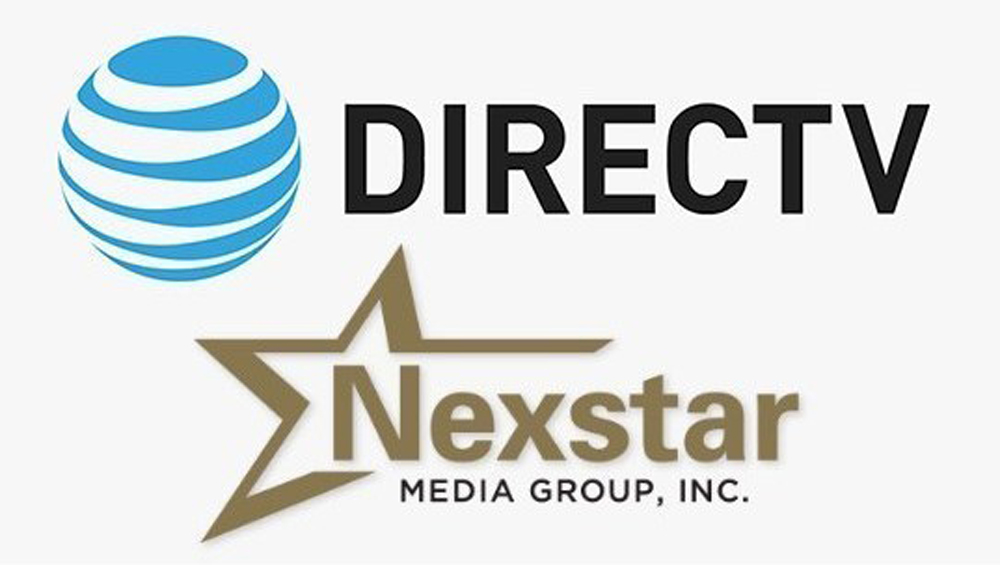
DirecTV has confirmed that it will appeal a federal judge in New York’s decision to throw out its antitrust lawsuit against Nexstar Media Group. The pay TV company has accused Nexstar of conspiring to fix broadcast retransmission license fees through management services agreements with smaller station groups Mission Broadcasting and White Knight.
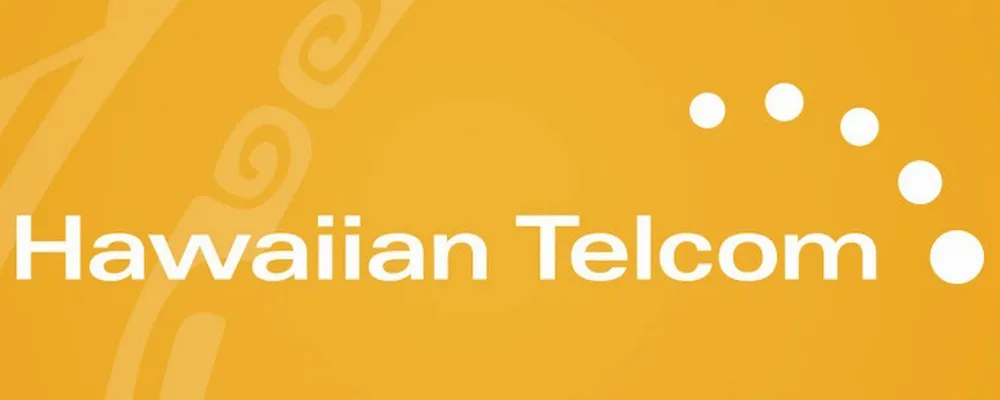
TV stations should not be permitted under federal rules to put off until the final moments their decision to enter serious carriage negotiations with pay-TV providers, according to cable TV operator Hawaiian Telcom. Hawaiian Telcom made that point in a filing with the FCC last Friday over its ongoing regulatory dispute with Nexstar Media Group about a three-week blackout last July that impacted 34,000 of its subscribers.
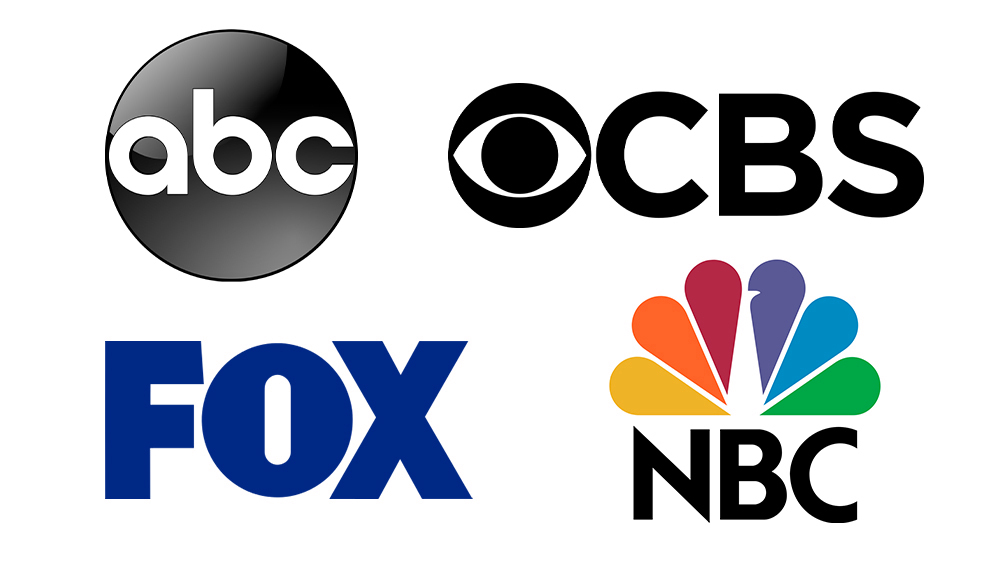
The Big Four affiliates want federal regulators to drop plans of keeping a record of signal blackouts that result from contract disputes between TV stations and cable and satellite TV providers. Lawyers for some 600 stations affiliated with ABC, CBS, NBC and Fox networks delivered that message to the FCC this week along with a fresh request that online linear video providers like YouTube TV should be classified as the legal equivalent of cable and satellite TV operators and brought within the carriage distribution system known as retransmission consent.

Collecting data when retransmission consent disputes lead to signal blackouts on cable and satellite TV systems is only a half measure, according to the National Association of Broadcasters. The lead trade group for TV station owners told the FCC that it preferred a data collection system that not only included blackouts but also the number of times carriage deals were reached without controversy.
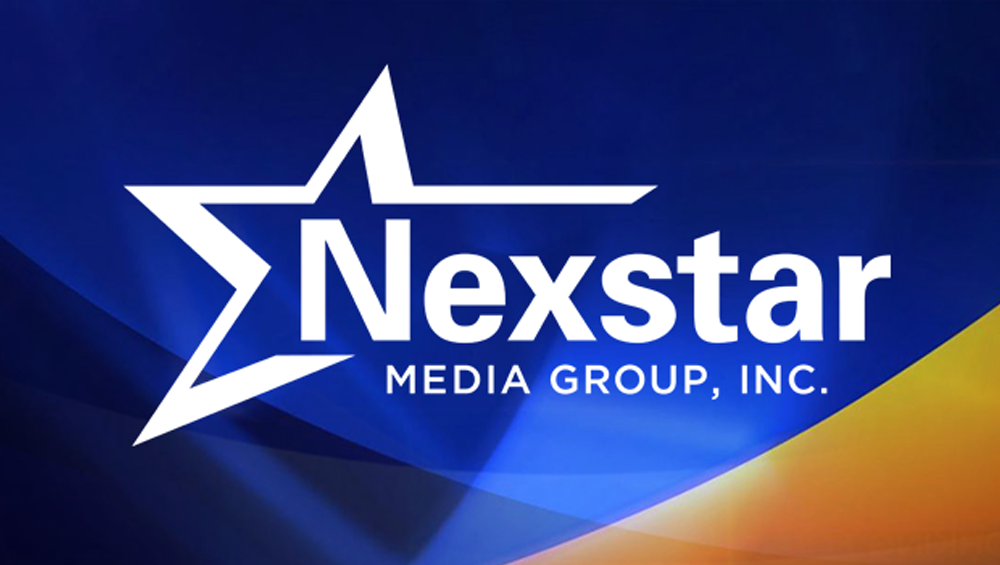
Requiring TV stations to reach carriage deals with cable operators to avoid signal blackouts is barred by long-standing federal law and regulations, according to Nexstar Media Group in a filing today with the FCC. Nexstar is trying to fend off a Hawaiian Telcom complaint over a carriage dispute last July that led to a three-week signal blackout. Hawaiian Telcom insisted in an FCC complaint that Nexstar violated agency retransmission consent rules by going dark instead of extending their negotiations a few extra days.
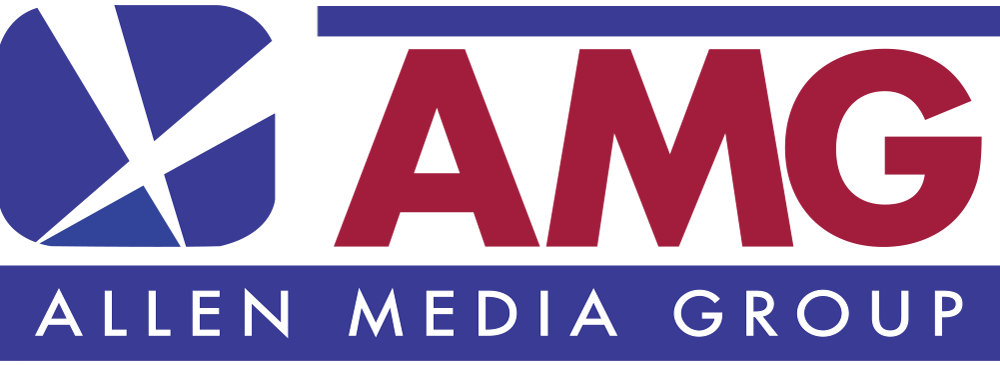
Charter’s Spectrum cable and streaming platforms will continue carriage of The Weather Channel, TheGrio, JusticeCentral.TV, Pets.TV, Recipe.TV and Cars.TV in addition to retrans renewal for Allen Media’s TV stations. Also, The Weather Channel TV app is now included for authenticated Spectrum Video customers.

Local television broadcaster Tegna will continue to seek higher fees from cable and satellite companies in exchange for the privilege of retransmitting dozens of its TV stations to subscribers, the company affirmed this week. The statement was made in a financial filing distributed to investors and submitted to the U.S. Securities and Exchange Commission on Monday, in which Tegna executives said there was a “value gap” between “viewership of broadcast television and the subscription revenue we earn in the form of retransmission fees,” which it intends to leverage in order to “capture additional subscription value in the form of higher subscription rates” charged to pay TV companies.
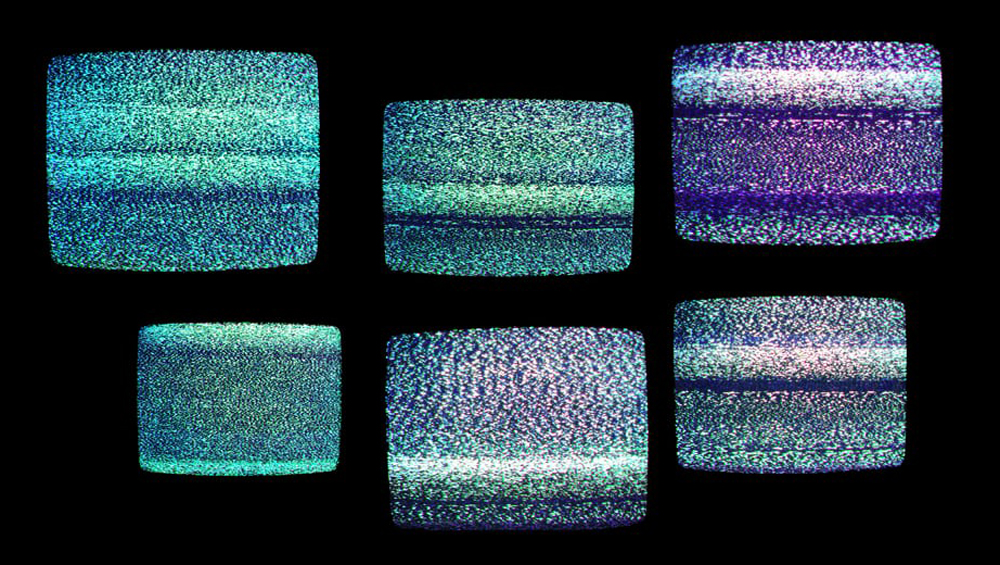
Federal regulators want pay-TV consumers to receive rebates when channels go dark as a result of contract disputes between pay-TV operators and their content vendors, including TV stations and cable networks. But the proposal advanced last October by FCC Chair Jessica Rosenworcel is receiving firm resistance from cable and satellite TV operators. For one thing, while Rosenworcel’s plan would impose rebate obligations on cable and satellite, it would exempt TV stations. And that’s fine with the National Association of Broadcasters, which argued in a March 8 FCC filing that pay-TV operators are causing signal blackouts to happen in an effort to demonstrate to Washington regulators that carriage rules – called retransmission consent – are broken.
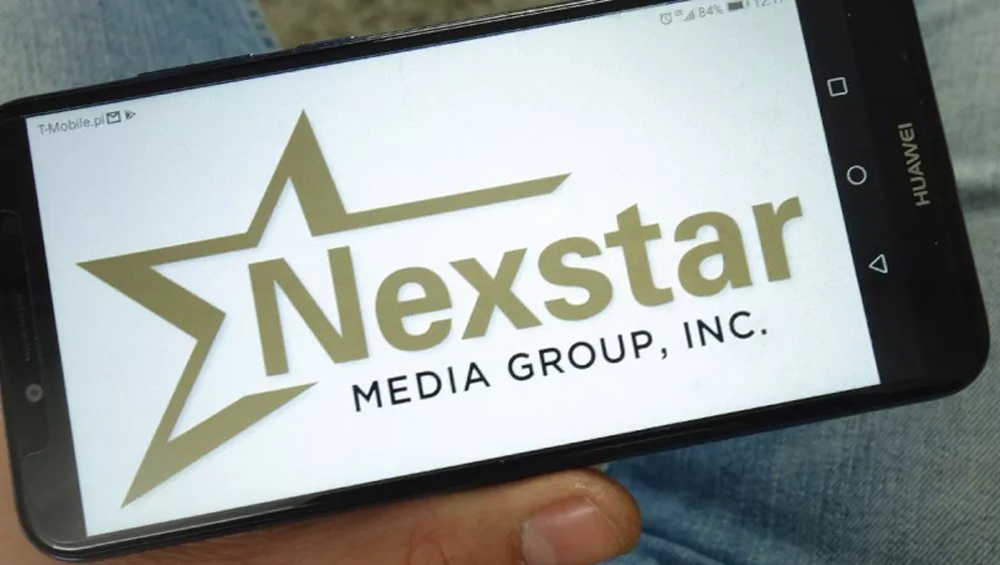
Nexstar Media Group is pushing back against federal regulators’ decision to fine the broadcaster $720,000 for violating good-faith bargaining rules while negotiating a new carriage deal last year with a cable TV company in Hawaii. In a filing Friday, Nexstar said the FCC’sMedia Bureau zeroed in on a single, ordinary contract proposal and inflated its significance to an unnecessary degree in order to arrive at a fine amount that the broadcaster described as “astounding” and beyond the bureau’s authority to impose.

Last month, the FCC fined Nexstar $720,000 for violating retransmission consent rules in some respects, but the agency’s Media Bureau did not agree with Hawaiian Telecom that Nexstar through its bargaining approach crossed the line leading up to the multi-signal blackout that lasted nearly three weeks in July, 2023. Hawaiian Telcom disagrees. “Simply put, Nexstar used the looming blackout deadline as a cudgel in an attempt to force Hawaiian Telcom’s capitulation to whatever Nexstar’s last proposal was before time ran out,” it said in an FCC filing Friday.

It says it has completed new agreements more than 70% of its total subscriber footprint among cable, satellite and telco multichannel video programming distributors “without any disruption to consumers.”
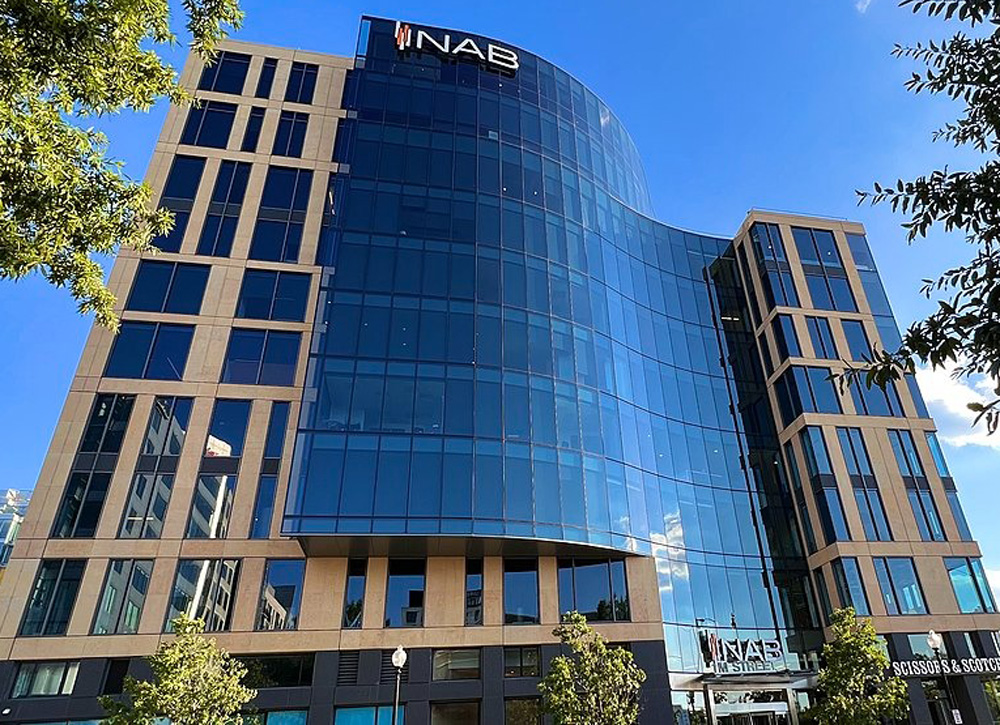
A federal rule that would require cable and satellite TV providers to report blackouts involving TV stations would violate the law, potentially incentivize blackouts, and ought to be abandoned, according the National Association of Broadcasters. NAB, the trade association for major TV station groups like Nexstar Media Group and Sinclair Inc., was reacting to a proposal from FCC Chair Jessica Rosenworcel, who wants to collect reports on TV station blackouts that last longer than 24 hours and that the agency would archive in a database available to the public.
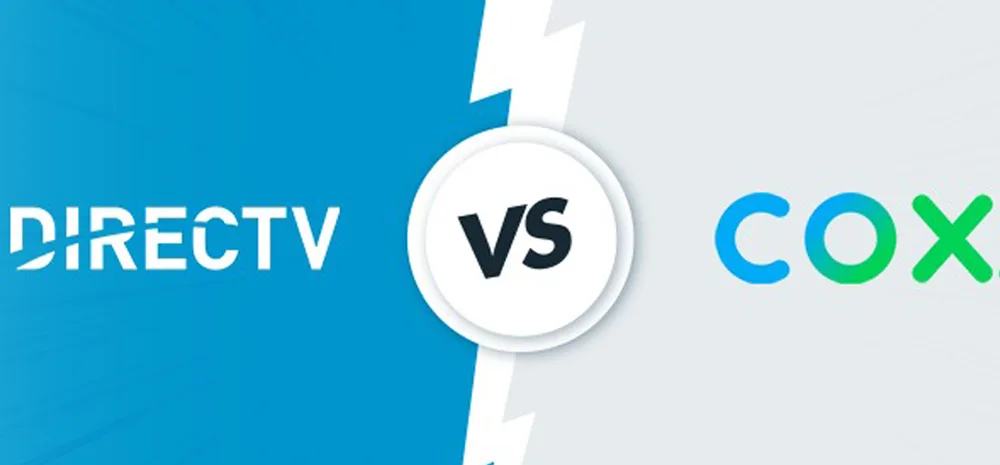
The stations went dark on Feb. 3 as a result of a standoff between Cox and DirecTV. The impasse included 12 stations in nine metro areas.

Nexstar Media Group has been fined $720,000 — double the normal amount — for violating FCC rules while negotiating a new carriage deal last year with a cable company in Hawaii. The FCC’s Media Bureau, in an order issued today, said Nexstar violated agency rules by demanding that Honolulu-based Hawaiian Telcom agree not to file an FCC complaint against the broadcaster as a condition of reaching a new carriage deal. Hawaiian Telcom filed a complaint anyway.

DirecTV, locked in a new contract dispute with Cox Media Group since Feb. 2, is offering assistance to subscribers who have lost access to the Cox stations. Because the sides failed to reach a new carriage deal, DirecTV is no longer legally permitted to distribute 12 CMG stations in nine markets. The blackout, started after the previous contract expired, includes subscribers to DirectTV STREAM and U-verse. Via its TV Promise website, DirecTV has established a ZIP code-based search system to determine a customer’s eligibility for credits, which can take up two billing cycles to appear on bills.
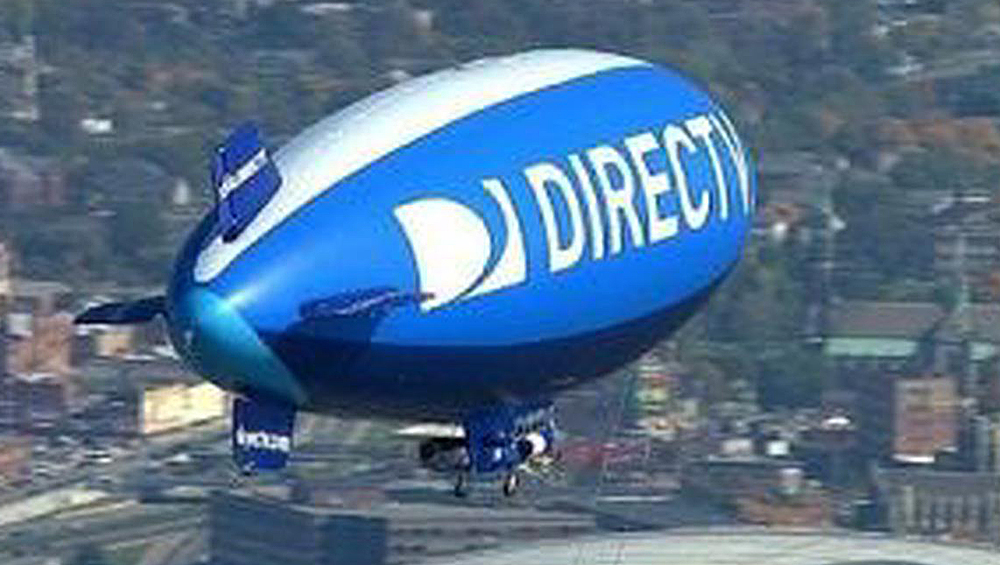
Cox Media Group said its television stations are no longer available to DirecTV subscribers because of a retransmission consent dispute. The previous distribution agreement expired Feb. 2. CMG has 12 stations in nine markets.

After locking horns before agreeing to their last broadcast retransmission deal two years ago, DirecTV and Cox Media Group appear ready to do the old dance again, with the station group on Thursday evening accusing the pay TV operator of “attacking local journalism.” The current agreement expires on Feb. 2.

Mission Broadcasting and Dish Network said the reached a new multi-year distribution agreement, ending a year-long blackout that affected 27 TV stations in 25 markets. Terms of the agreement were not disclosed. Mission continues to be blacked out with DirecTV.
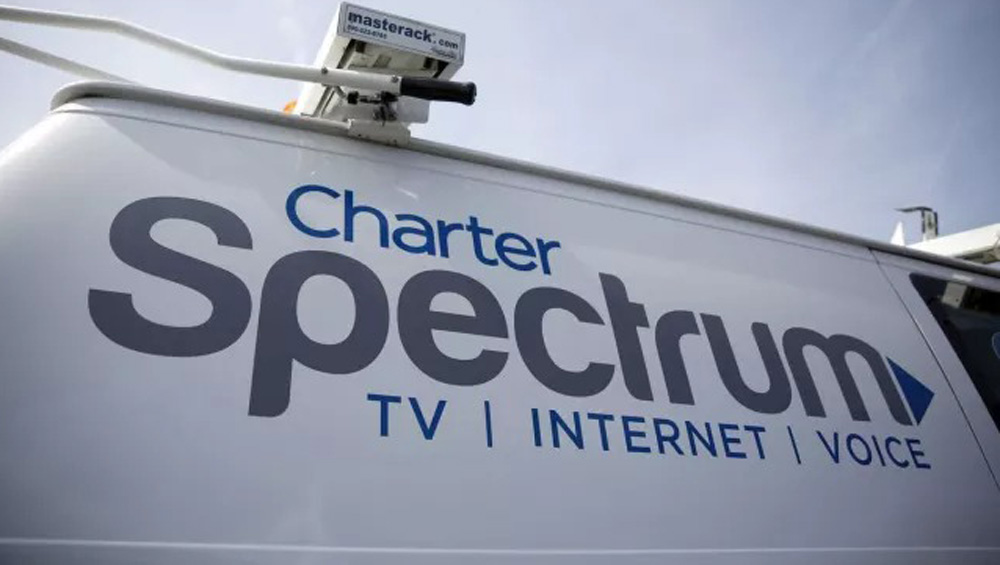
TelevisaUnivision and Charter Communications said they reached a new multiyear distribution agreement that includes a version of the premium, ad-supported ViX streaming service that will be available to Charter’s Spectrum cable subscribers at no additional cost.

The National Content & Technology Cooperative said it represents about 700 cable and broadband operators. NCTC members can use terms negotiated by group’s deal to carry programming from Sinclair, including its broadcast TV stations and Tennis Channel.

The FCC’s Democratic majority wants cable and satellite TV consumers to receive rebates when TV stations go dark on their TVs. The plan, unveiled Wednesday by FCC Chair Jessica Rosenworcel, triggered a strong response from the agency’s two Republicans, Brendan Carr and Nathan Simington.

Ted Hearn: On Friday, Comcast won a TV station carriage dispute at the FCC. In siding with Comcast, FCC Media Bureau Chief Holly Saurer likely handed victory to a second cable operator: Hawaiian Telcom. The Honolulu-based cable company last July filed a retrans complaint against Nexstar with allegations identical to those lodged by Comcast.

The new multiyear agreement covers the station group’s 64 owned stations in 51 markets and ends the blackout that began Nov. 30, 2023.
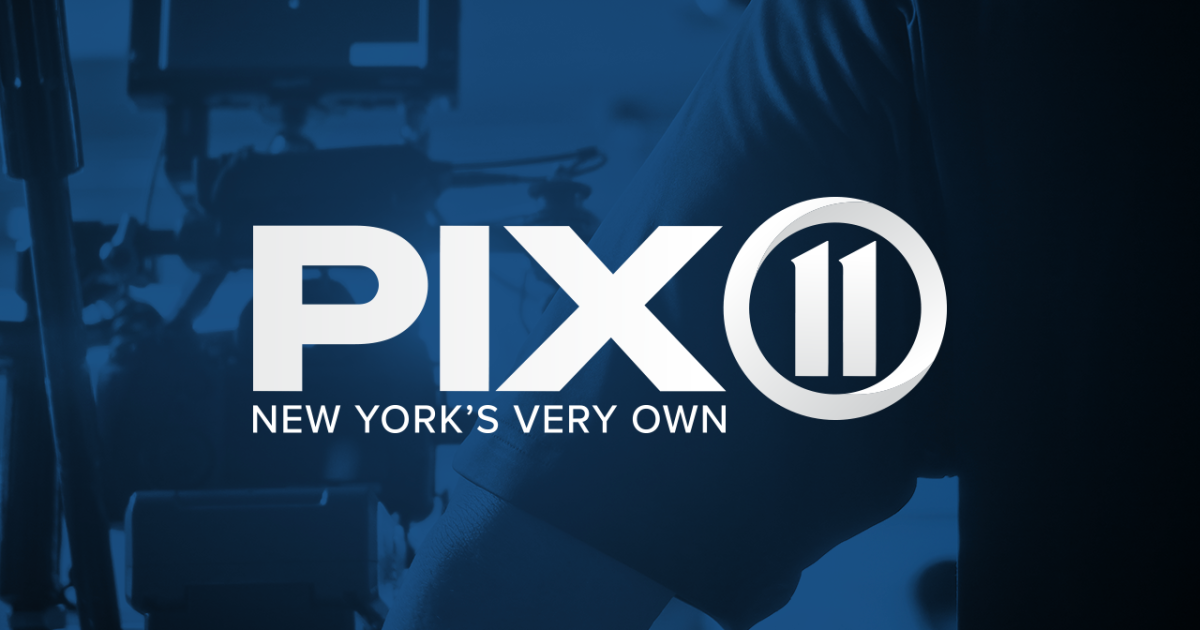
WPIX New York owner Mission Broadcasting is being fined $150,000 by the FCC over a contract dispute with cable giant Comcast that caused the cable TV company to file a complaint with the agency in 2022. TV stations and cable operators have a legal duty to negotiate retransmission consent carriage deals in good faith. But the FCC found that Mission violated that standard by requiring contract terms with Comcast that would have prevented either side from filing a complaint with the FCC.
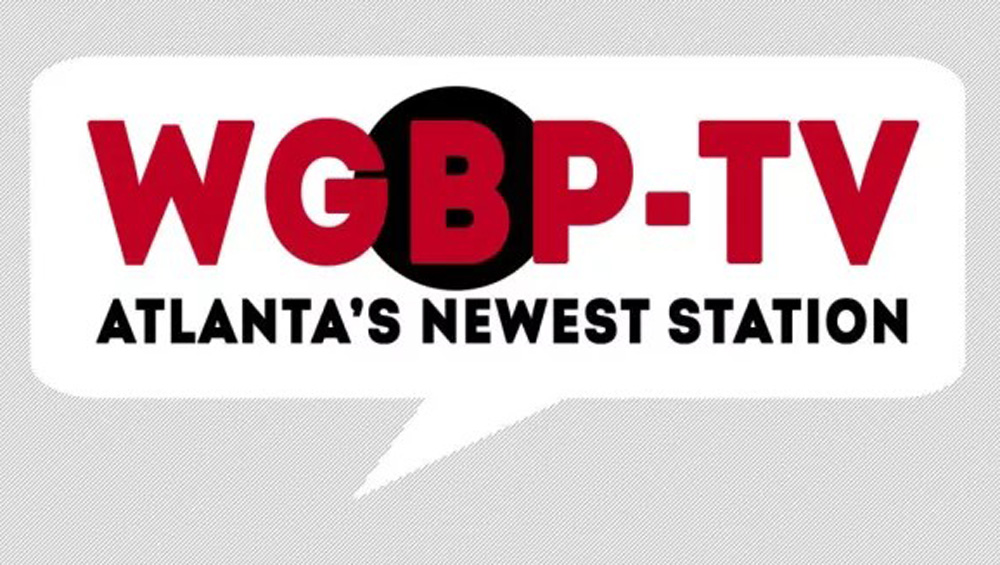
CNZ Communications, owner of WGBP Opelika, Ala., claims that under FCC precedent, Dish needs to carry the station throughout the entire Atlanta, Ga., and Columbus, Ga., DMAs. CNZ filed a complaint with the FCC on Dec. 11 seeking full carriage in both markets. Yesterday, Dish asked the FCC to deny the complaint, saying it was “based on a misreading of the relevant statute, regulations, and FCC precedent.”

The agreement covers 89 Nexstar-owned stations across the U.S. and its NewsNation national cable news network.

Some DirecTV customers were able to watch a national programming feed of NBC in areas where the local affiliate has been unavailable for weeks due to a prolonged dispute with Tegna, StreamTV Insider confirms. The test appears to be a first step toward replacing local broadcast affiliates with national network feeds in order to offset the loss of programming during programming disputes, like the one DirecTV currently faces with Tegna.

An organization supported by traditional pay TV providers is pushing back on the idea that local TV station mergers won’t lead to higher cable and satellite TV bills. While TV stations continue to push for ownership deregulation at the federal level, the American TV Alliance (ATVA) predicts that control of TV stations by just a few owners will increase the retransmission consent fees that cable TV and satellite TV providers pay broadcasters.

DirecTV is looking to establish a new regime for the distribution of TV stations, one it says would arrest the tide of TV station-caused price hikes and consumer anger over blackouts before the big game. The satellite TV provider with 11.8 million subscribers nationally is proposing a new a la carte model for the industry. The company wants to jettison the “retransmission consent” requirement in current law that says DirecTV must negotiate carriage with TV stations, even if it means losing stations in the absence of a mutual deal.

For starters, Tegna and DirecTV had a carriage dispute in 2020that led to a 19-day channel blackout before the two sides finally reached a new deal. The disagreement was over how much the satellite service should pay to carry Tegna’s signals, just as it is now. But Tegna has been involved in several other fee fights over the last few years. The company clearly has no compunction allowing its channels to go dark if it helps get the best deal possible. Likewise, DirecTV this year had a 10-week blackout battle with Nexstar, a two-month dispute with Newsmax, and still has ongoing fights with Mission Broadcasting and White Knight.
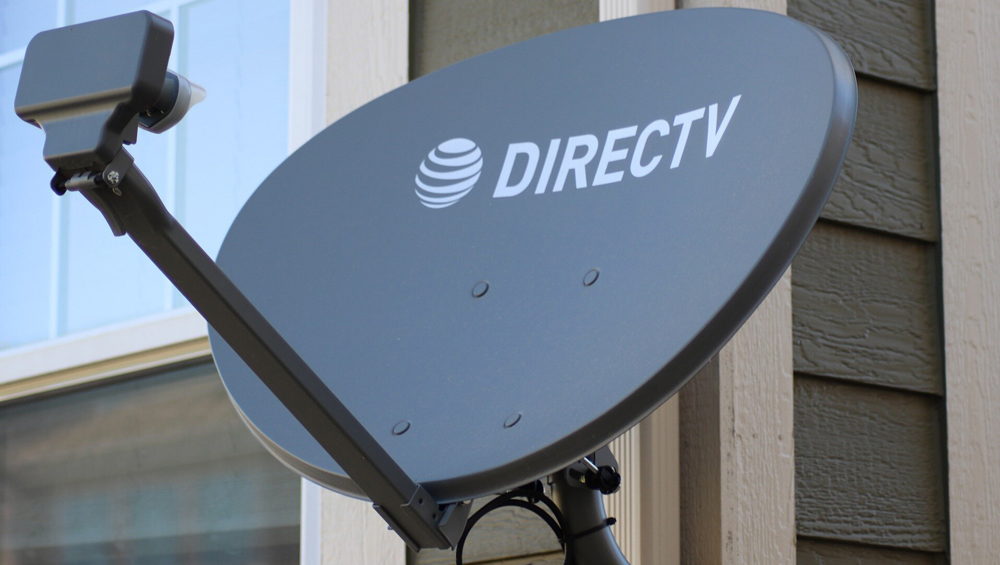
Tegna is back on the rocks with DirecTV, signaling to viewers Saturday that its stations could soon be pulled off the programming grids of the pay TV operator’s platforms amid failing broadcast retransmission licensing negotiations. The broadcaster, which owns 64 network affiliates in 14 markets, told viewers with DirecTV satellite, DirecTV Stream and U-verse subscriptions that they could “lose” Tegna stations starting Nov. 30 without DirecTV agreeing to “fair, market-based” terms on broadcast retransmission licensing.

Big TV station groups continue to see the greatest downside with affiliate revenue as a result of more pay TV cord-cutting, a Wells Fargo report says. According to the report, fewer pay TV subscribers — including in the most recent quarterly period — will eventually mean less affiliate revenue, especially for big, independently owned TV station companies. “We think the third quarter reiterates the weakness in some of our companies due to their high exposure to pay TV decline,” writes Steven Cahall, Wells Fargomedia analyst.

The contract covers Nexstar’s television stations, NewsNation cable network and diginets Antenna TV and Rewind TV.
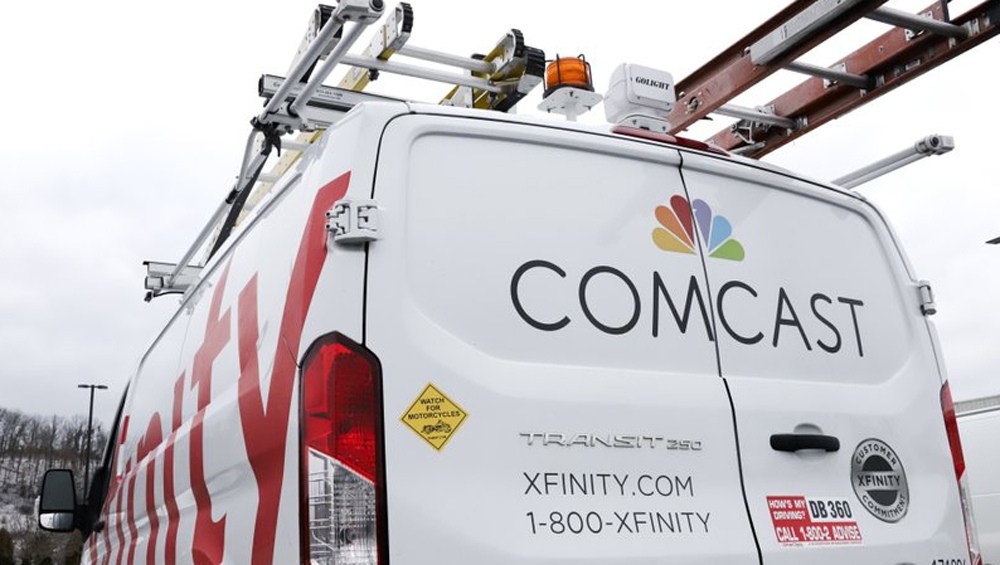
Comcast and Imagicomm reached a retransmission consent agreement Tuesday, ending a month-long blackout. The deal restores WHBQ Memphis and KAYU Spokane to Xfinity cable subscribers.
This Budget Season, TV Stations Need To Widen Their Business Aperture

Local stations need to question their assumptions about traditional revenue sources and set aside ample time for short- and long-range planning and developing multiple budget scenarios.

Maybe the sky isn’t falling on broadcast. Gray Television on Tuesday became the latest large station owner to stand up and tell Wall Street that business is good because the outlook for distribution revenues — including retransmission-consent fees — are expected to grow at a healthy rate. Nexstar Media Group made a similar presentation last week and a few days later E.W. Scripps said it expects 15% growth in distribution revenue and a 40% jump in net distribution dollars.

Bryce Harlow, a lobbyist and spokesperson for the brand-new Preserve Viewer Choice Coalition, explains why the broadcast networks and vMVPDs he’s representing want to leave retransmission negotiation rules just as they are. A full transcript of the conversation is included.

Tanya Vea, president-COO of Bonneville International and a spokesperson for the new Coalition for Local News, explains why the group is drawing a direct line between the need for new FCC rules on dealing with vMVPDs and maintaining healthy local TV newsrooms. A full transcript of the conversation is included.

Several of the country’s biggest entertainment and streaming companies are teaming up to fight hundreds of local broadcasters over a years-old provision that would determine whether they are forced to negotiate directly with those local stations for distribution deals. The Preserve Viewer Choice Coalition, which launched Wednesday, is made up of major entertainment companies and their broadcast networks, including Disney/ABC, Paramount/CBS, Fox Corp./Fox, NBCUniversal/NBC/Telemundo, Warner Bros. Discovery, Univision and Roku.











































